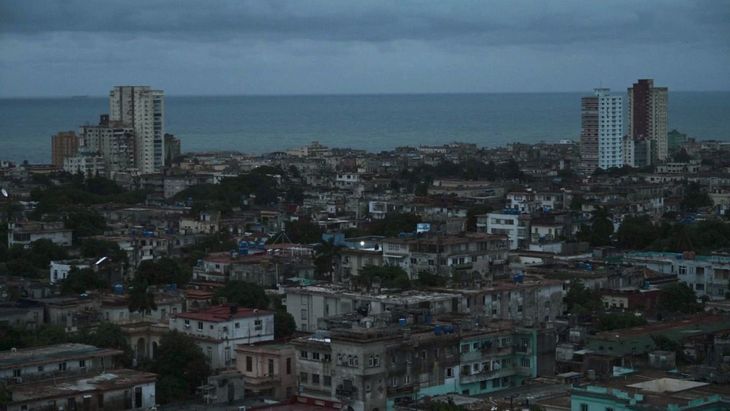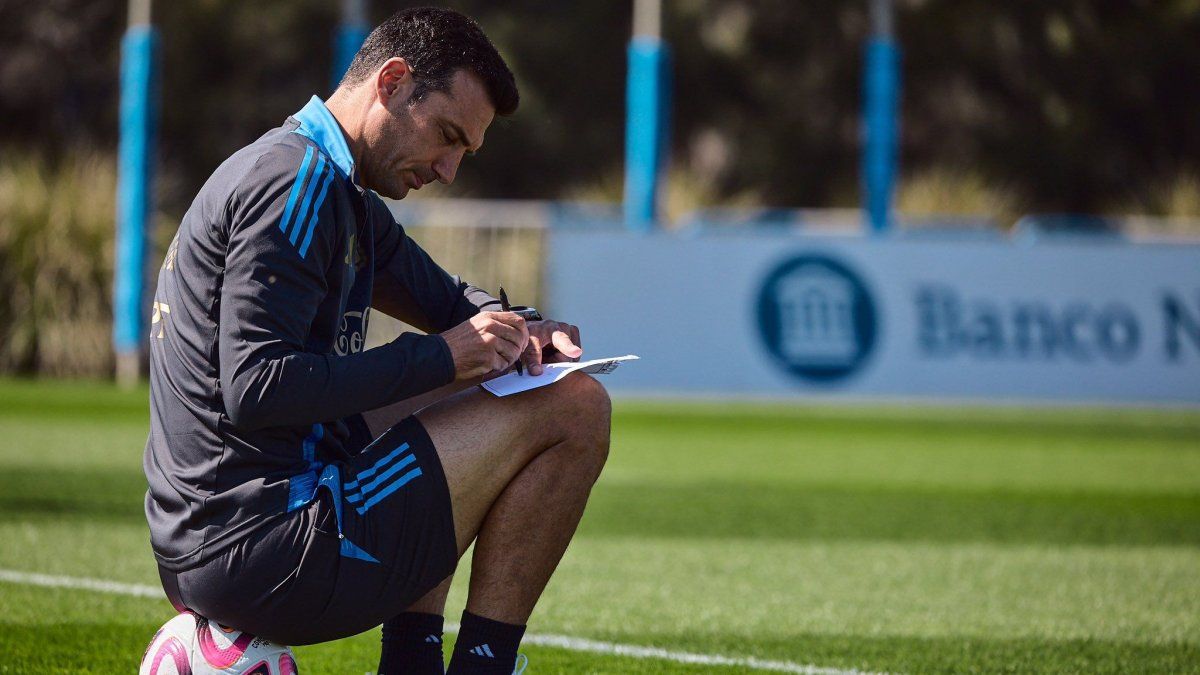After passing a second night of almost total blackout, Cuba prepares this Sunday in a race against time for the imminent impact of Hurricane Oscar in the east of the island.
Category 1 Hurricane Oscar is approaching Cuba’s east coast and is expected to impact the island as the country continues efforts to restore the power grid amid a crisis. massive blackout.
The United States National Hurricane Center, based in Miami (Florida), reported in its most recent bulletin that Oscar is expected to make landfall as a hurricane tonight in Guantánamo or Holguín. Oscar was 185 kilometers from Guantánamo, where there is a US military base, and It was moving at 19 kilometers per hour with maximum sustained winds of 130 kilometers per hour.
GaWmSgsXwAEb396.jpg
Category 1 Hurricane Oscar approaching Cuba
The National Hurricane Center predicts that The hurricane will weaken after making landfall in Cuba and will move north of the island on Monday as a tropical storm until reaching the Bahamas on Tuesday.
The last time a large hurricane affected Cuba was in 2017, when Irma crossed the northern coast of the island from east to west, leaving 10 dead and material losses.
Oscar is the fifteenth tropical storm of the current hurricane season in the Atlantic. The National Oceanic and Atmospheric Administration of the United States predicted that there would be between 17 and 25 storms this year, a higher number than usual.
The Atlantic hurricane season began on June 1 and ends on November 30.
Energy crisis in Cuba
The hurricane approaches Cuba while the country is going through an energy crisis due to the massive blackout that began on Friday due to a breakdown in the island’s main thermoelectric plant.
Oscar is moving through the Caribbean in a west-southwest direction and is moving at about 19 km/h, with winds of up to 130 km/h. At 12:00 GMT it was located about 185 km from Guantánamo, according to the latest report from the American National Hurricane Center (NHC).
“This blackout makes life very difficult for Cubans.”. The situation is very difficult, but I try to stay calm, because there is already too much stress in this country.”Yaima Valladares, a 28-year-old dancer, told AFP.
Only hotels, hospitals and some private homes that have their own small generation plants had electricity.
GaWmsANXgAE8N_C.jpg

Blackouts in Cuba since Friday due to a rupture in a power plant
That same day, the government announced the paralysis of state work to face the crisis that in recent weeks has left the population of several provinces without electricity for up to 20 hours in a day.
Cubans have been suffering from prolonged blackouts for three months, with a deficit of up to 30% in national coverage. On Thursday, one day before the total blackout, it reached 50%.
On the island, electricity is generated through eight worn-out fuel-dependent thermoelectric plants, which in some cases have broken down or are undergoing maintenance, as well as several floating plants – which the government rents to Turkish companies – and generating sets.
For the most part, this infrastructure requires fuel to operate. With shortages of food, medicine, skyrocketing inflation and chronic blackouts that limit the development of productive activities, Cuba faces its worst economic crisis in three decades. The blackouts were one of the triggers for the historic demonstrations of July 11, 2021.
Source: Ambito



